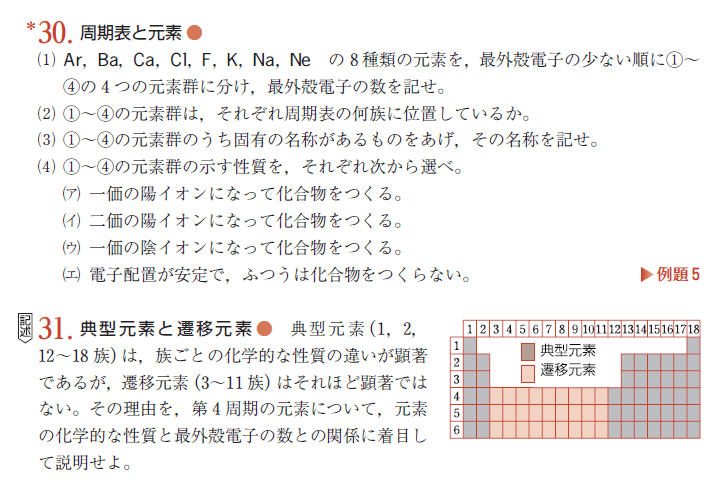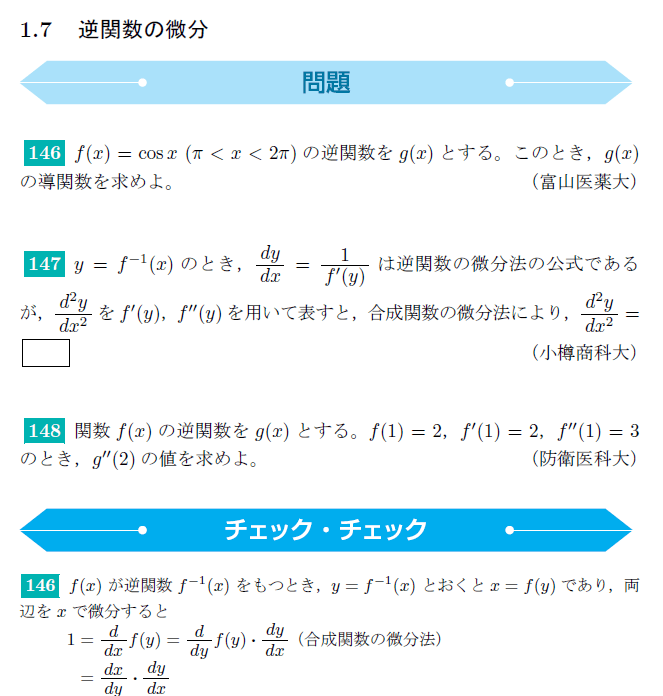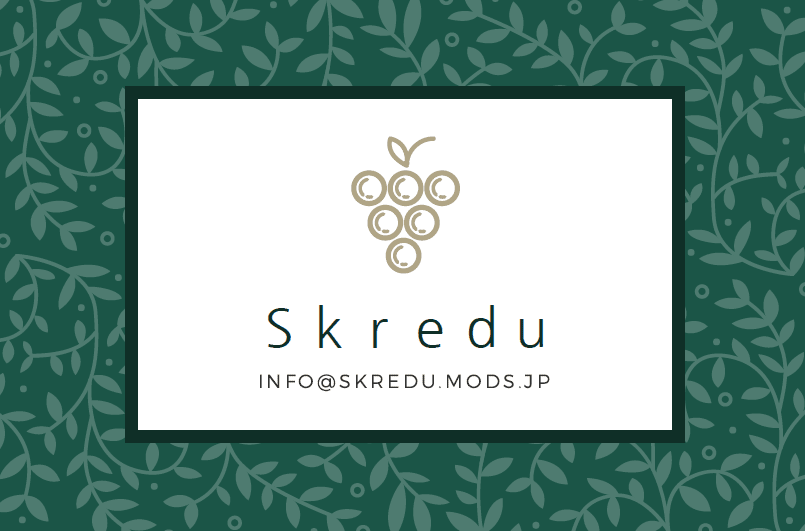


文章23 「平和」をカタチにする方法は? 関西大学
自分の内面をことばにのせてうまく表現したいとき、人は【レトリック】を使用する。例えば、決して目立つわけではないが、その人の側にいるとなぜか心温まるような人を想像してみよう。その人は場の雰囲気を劇的に明るくするわけではないが、ただそこにいるだけで和やかな空気が場を優しく包み込む。その人のことを、「彼女は木洩(こも)れ日だ」という【メタファー】を使って表現してみる。「木洩れ日」というメタファーは、若葉の間に輝く光や、光に透かされた緑、心地よく暖められた土といった優しいイメージを呼び起こす。このレトリックによって、表現者も受け手も、論理的なことばとは異なるレベルで彼女の存在を把握することが可能になる。比喩(ひゆ)という機能は、人間に【表象】を呼び起こすことを可能にするのである。
また、われわれの世界は、具体的なことばで指し示すことのできるもののみで構成されているわけではない。例えば、目の前にある、鉛筆で書いたものを消すための文房具を「消しゴム」ということばで指し示すことは可能であるが、同様に「平和」を具体的なことばで指し示すことはできない。それは、「平和」が抽象的な概念だからだ。そこで、抽象的な事物を表すために、われわれは【象徴】を使用する。例えば「はと」という具体的なものによって「平和」という概念を表すのである。ことばには、世界に存在するものを具体的に指し示す、という直接的な働きのみがあるのではない。「はと」ということばが、現実に存在する動物の「はと」を表すと同時に、人それぞれのイメージのなかの「はと」、さらには「平和」をも意味するというように、ことばと事物との関係は本来間接的なものであって、そこから意味の二重性や多義性が生まれるのである。
Sentence 23 How to give shape to "peace"? Kansai University
People use [rhetoric] when they want to express their inner thoughts well in words. For example, imagine someone who never stands out, but somehow feels warm when you're around them. The person doesn't dramatically brighten the atmosphere of the place, but just by being there, a gentle atmosphere gently envelops the place. Try to describe that person using the [metaphor] "She is Komorehida." The metaphor of "sunlight filtering through the trees" evokes gentle images of the light shining through the young leaves, the greenery seeped through by the light, and the pleasantly warmed soil. This rhetoric makes it possible for both the artist and the audience to grasp her existence on a level different from logical language. The function of metaphor makes it possible for humans to evoke [representation].
Also, our world is not only composed of things that can be pointed out with specific words. For example, it is possible to point to the stationery that is used to erase what is written with a pencil with the word "eraser", but similarly it is not possible to point to "peace" with a concrete word. This is because "peace" is an abstract concept. So we use symbols to represent abstract things. For example, the concept of "peace" is represented by a concrete object called "Dove". Words do not only have the direct function of specifically pointing out things that exist in the world. The word ``dove'' expresses the ``dove'' of an animal that actually exists, and at the same time, it also means the ``dove'' in each person's image, and even ``peace''. Relations with things are inherently indirect, and this is where the duality and ambiguity of meaning arise.
EXERCISES 23
1. 日本語に合うように( )内の語句を並べかえなさい.
1) 田舎に住んでいたので,彼女は都市での生活になじめなかった.
(in, lived, the country, having), she couldn't adjust to city life.
2) 私は駅でジョンに会って,彼と買い物に行った.
(met, at, having, the station, John), I went shopping with him.
3) 何度も読んだので,私はその詩を暗記できる.
(read, many, it, having, times), I can learn the poem by heart.
4) しばらくフランスにいたので,彼はフランス語を話せる.
(France, for, been, a, having, in, while), he can speak French.
5) 今まで飛行機に乗ったことがなかったので,その子どもはおびえた.
(before, not, taken, having, an airplane), the child was scared.
2. 日本語に合うように次の各文を完成しなさい.
1) 写真を撮り終えると,彼はカメラをケースにしまった.
__________________________, he put the camera back into its case.
2) 10キロ歩いたので,のどが渇いた.
________________________________________________, I felt thirsty.
3) ピクニックに行ったので,私たちは疲れている.
__________________________________________________, we are tired.
*4) かぎが見つからなかったので,家に入れなかった.
_________________________________, I couldn't get into the house.
3. 戦争を経験した母の愛
Having gone through World War II and suffered from poverty, Mother always devoted herself to taking care of her children. It was typical of her generation. Our generation sometimes think our parents did not follow their feelings enough. We have an easier life and we are more educated as a result of our parents' hard work.


















